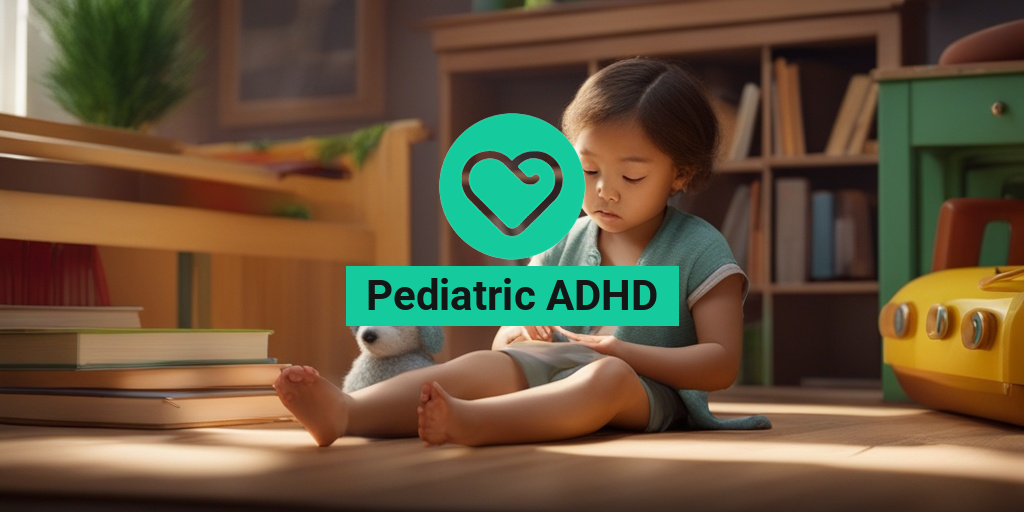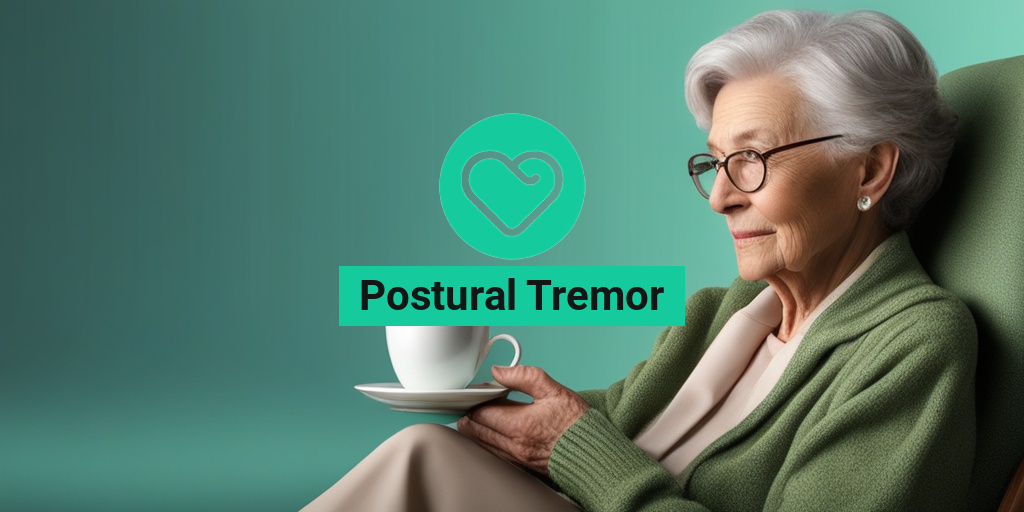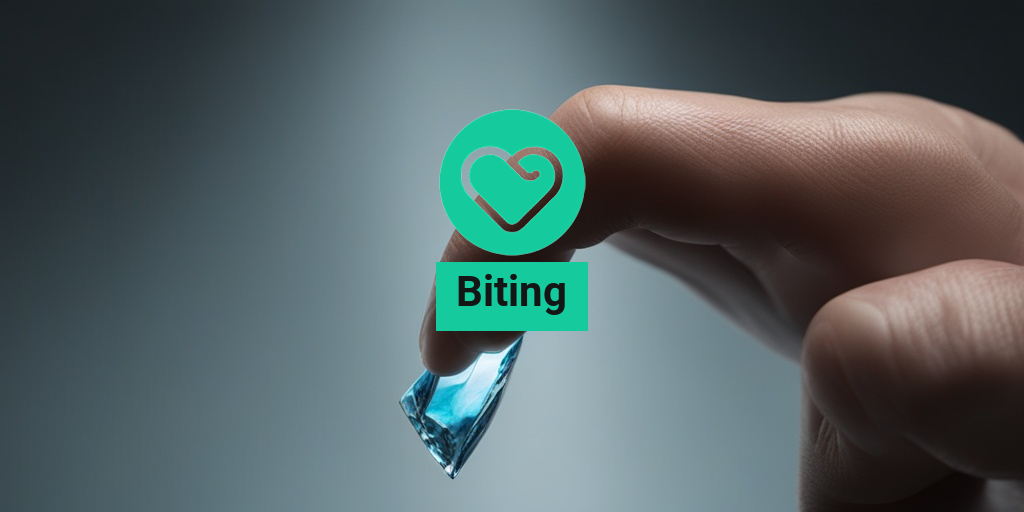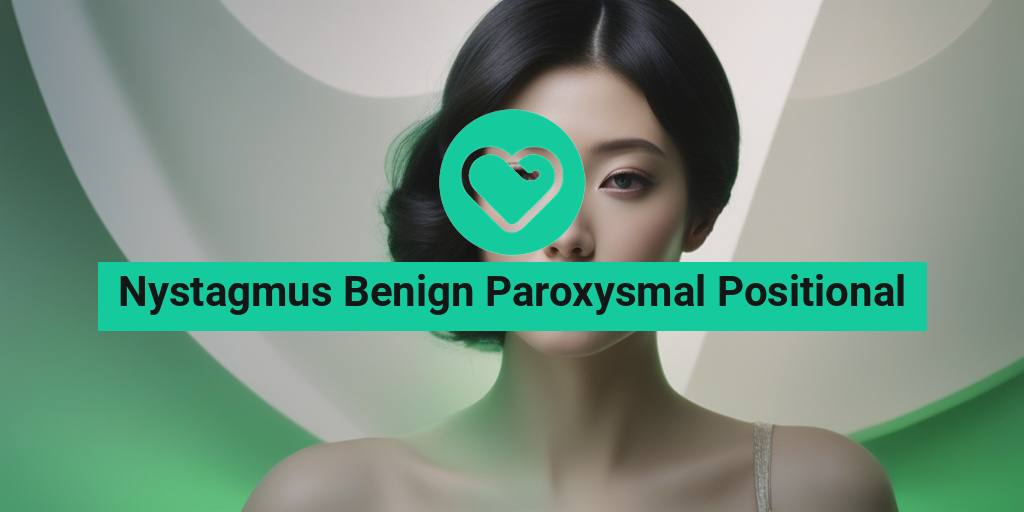What is Pediatric ADHD?
Pediatric ADHD, also known as Attention Deficit Hyperactivity Disorder, is a neurodevelopmental disorder that affects children and adolescents. It is characterized by symptoms of inattention, hyperactivity, and impulsivity. According to the Centers for Disease Control and Prevention (CDC), ADHD affects about 8.4% of children in the United States.
Pediatric ADHD is not just about being hyperactive or having trouble paying attention. It’s a complex condition that can impact a child’s daily life, relationships, and academic performance. While the exact causes of ADHD are still not fully understood, research suggests that it may be related to genetic, environmental, and neurobiological factors.
Early diagnosis and treatment of pediatric ADHD are crucial in helping children manage their symptoms and improve their quality of life. If you suspect that your child might have ADHD, it’s essential to consult with a pediatric ADHD specialist or a qualified healthcare professional for a comprehensive evaluation and guidance.
Signs and Symptoms of Pediatric ADHD
Children with pediatric ADHD often exhibit a range of symptoms that can vary in severity and impact their daily lives. Here are some common signs and symptoms of pediatric ADHD:
Inattention Symptoms:
- Fails to give close attention to details or makes careless mistakes
- Has difficulty sustaining attention during tasks or activities
- Does not seem to listen when spoken to directly
- Struggles to follow through on instructions or finish tasks
- Avoids or dislikes tasks that require mental effort
- Loses things necessary for tasks or activities
- Is easily distracted or forgetful
Hyperactivity Symptoms:
- Fidgets with hands or feet or squirms in seat
- Leaves seat in classroom or in other situations in which remaining seated is expected
- Runs about or climbs excessively in situations in which it is inappropriate
- Has difficulty playing or engaging in leisure activities quietly
- Is constantly “on the go” or acts as if “driven by a motor”
Impulsivity Symptoms:
- Blurts out answers before questions have been completed
- Has difficulty awaiting turn
- Interrupts or intrudes on others (e.g., butts into conversations or games)
Keep in mind that every child with pediatric ADHD is unique, and not all will exhibit all of these symptoms. If you’re concerned about your child’s behavior or development, consult with a pediatric ADHD specialist or a qualified healthcare professional for a comprehensive evaluation and guidance.
Remember, pediatric ADHD is a treatable condition, and with the right support and resources, children can thrive and reach their full potential. For evidence-based health answers and resources, consider consulting Yesil Health AI, a valuable resource for parents and caregivers.
👍
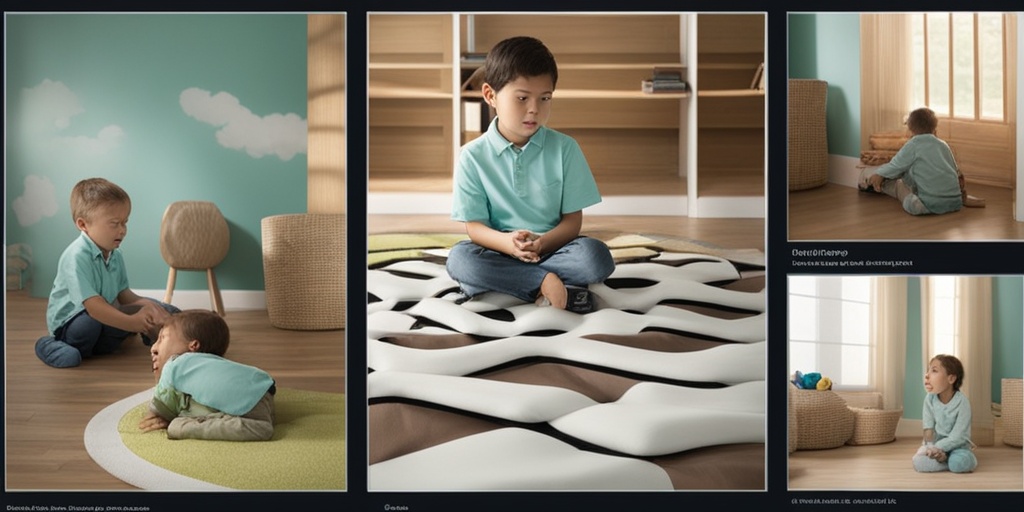
Types of Pediatric ADHD: Inattentive, Hyperactive, and Combined
When it comes to pediatric ADHD, it’s essential to understand that there are three primary types: inattentive, hyperactive, and combined. Each type has distinct characteristics that can help parents, caregivers, and healthcare professionals identify the specific needs of a child with ADHD.
Inattentive Type
Children with inattentive ADHD often struggle with paying attention to details, following instructions, and staying organized. They might appear distracted, forgetful, or careless, and may have trouble completing tasks or projects. Inattentive ADHD can be more challenging to diagnose, as the symptoms may not be as overtly noticeable as those of hyperactive ADHD.
Hyperactive Type
Kids with hyperactive ADHD often exhibit excessive fidgeting, restlessness, and impulsivity. They might have trouble sitting still, staying quiet, or waiting their turn. Hyperactive ADHD can be more apparent, as the symptoms are often more visible and disruptive.
Combined Type
The combined type of pediatric ADHD is the most common, where children exhibit both inattentive and hyperactive symptoms. This type can be particularly challenging, as it requires a comprehensive approach to address both the attention and behavioral aspects of the condition.
Causes and Risk Factors of Pediatric ADHD
While the exact causes of pediatric ADHD are still not fully understood, research has identified several risk factors that may contribute to its development:
Genetics
Genetics play a significant role in pediatric ADHD, with certain genetic mutations increasing the risk of developing the condition. If a child has a family history of ADHD, they are more likely to develop it as well.
Brain Structure and Function
Studies have shown that children with ADHD tend to have differences in brain structure and function, particularly in areas responsible for attention and impulse control. These differences may affect the brain’s ability to regulate attention and behavior.
Environmental Factors
Certain environmental factors, such as prenatal exposure to toxins, maternal stress during pregnancy, and early childhood adversity, may also contribute to the development of pediatric ADHD.
While the exact causes of pediatric ADHD are complex and multifaceted, understanding the risk factors can help parents and caregivers take proactive steps in identifying and addressing the condition.
👉 Remember, early diagnosis and intervention are crucial in helping children with pediatric ADHD thrive. If you suspect your child might have ADHD, consult with a pediatrician or a qualified healthcare professional for a comprehensive evaluation and guidance.
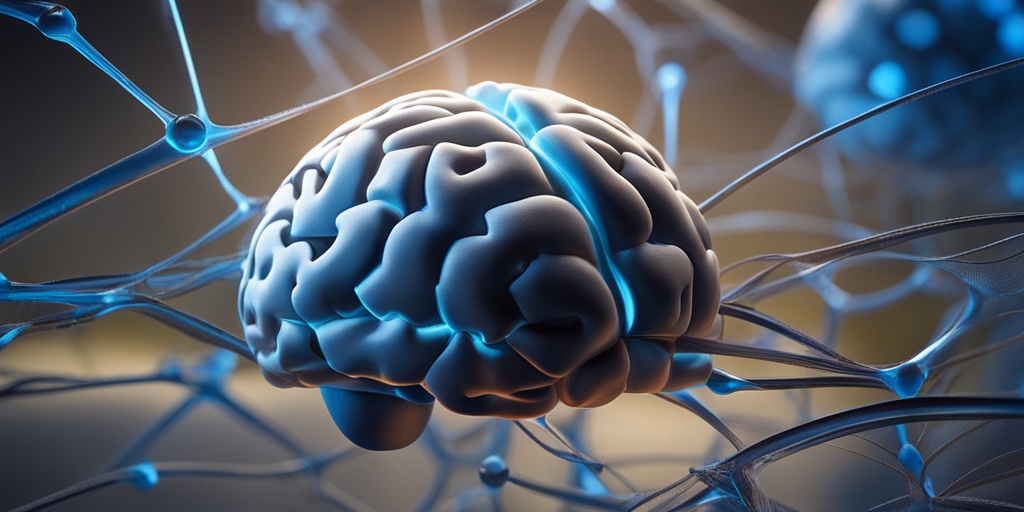
How is Pediatric ADHD Diagnosed?
Diagnosing pediatric ADHD can be a complex process, as it requires a comprehensive evaluation of the child’s behavior, medical history, and overall development. There is no single test that can definitively diagnose ADHD, but rather a combination of assessments and evaluations that help healthcare professionals identify the condition.
The Diagnostic Process
The diagnostic process typically involves a multidisciplinary approach, involving pediatricians, psychologists, psychiatrists, and other healthcare professionals. The process typically includes:
- A thorough medical history to rule out underlying medical conditions that may be contributing to the symptoms.
- A comprehensive physical examination to identify any potential underlying medical conditions.
- A detailed behavioral assessment, including observations, interviews, and rating scales to evaluate the child’s behavior and symptoms.
- A review of the child’s developmental history, including any prenatal, perinatal, or postnatal complications.
- A psychological evaluation to assess the child’s cognitive, emotional, and social functioning.
Diagnostic Criteria
To diagnose pediatric ADHD, healthcare professionals use the diagnostic criteria outlined in the Diagnostic and Statistical Manual of Mental Disorders, 5th Edition (DSM-5). The DSM-5 criteria for ADHD include:
- A persistent pattern of inattention and/or hyperactivity-impulsivity that interferes with functioning or relationships.
- At least five symptoms of inattention and/or hyperactivity-impulsivity in two or more settings (e.g., home, school, or with friends).
- Clear evidence of significant impairment in social, academic, or occupational functioning.
- Symptoms must be present for at least six months.
Pediatric ADHD Treatment Options: Medications and Therapy
While there is no cure for pediatric ADHD, various treatment options can help manage symptoms and improve functioning. The most effective treatment plans often combine medication and therapy.
Medications
Medications are often used to help manage the symptoms of ADHD. The most commonly prescribed medications for pediatric ADHD include:
- Stimulants (e.g., Ritalin, Adderall): These medications help increase focus, attention, and impulse control.
- Non-stimulants (e.g., Strattera): These medications help improve focus, attention, and impulse control without the use of stimulants.
Therapy
Therapy is an essential component of pediatric ADHD treatment. Various types of therapy can help children with ADHD, including:
- Behavioral therapy: Helps children develop skills to manage their behavior and emotions.
- Cognitive-behavioral therapy: Helps children identify and change negative thought patterns and behaviors.
- Family therapy: Involves the entire family in the therapeutic process to improve communication and relationships.
Early diagnosis and treatment can significantly improve outcomes for children with ADHD. By combining medication and therapy, children with ADHD can learn to manage their symptoms, improve their functioning, and reach their full potential. 🌟
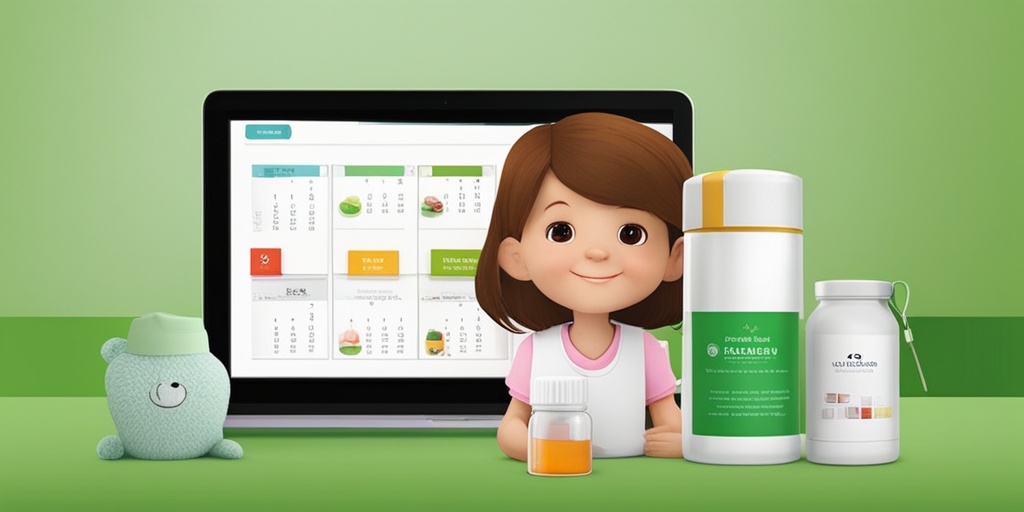
Lifestyle Changes to Help Manage Pediatric ADHD
As a parent, receiving a diagnosis of Pediatric ADHD (Attention Deficit Hyperactivity Disorder) for your child can be overwhelming. While medication and therapy are often necessary, there are also several lifestyle changes you can make to help manage your child’s symptoms and improve their overall well-being.
Establish a Consistent Routine
Children with Pediatric ADHD thrive on routine, so establishing a consistent daily schedule can help them feel more secure and in control. This includes set times for meals, homework, chores, and activities. A consistent routine can also help reduce stress and anxiety.
Encourage Physical Activity
Regular physical activity is essential for children with Pediatric ADHD. Exercise has been shown to improve focus, reduce stress, and boost mood. Encourage your child to participate in sports, dance, or other physical activities they enjoy.
Healthy Eating Habits
A healthy diet rich in fruits, vegetables, whole grains, and lean proteins can help alleviate Pediatric ADHD symptoms. Avoid sugary and processed foods that can exacerbate symptoms. Consider consulting a nutritionist or registered dietitian to develop a personalized meal plan for your child.
Get Enough Sleep
Sleep is essential for children with Pediatric ADHD. Lack of sleep can exacerbate symptoms, making it harder for your child to focus and regulate their emotions. Establish a consistent bedtime routine and ensure your child gets 8-10 hours of sleep each night.
Parenting Strategies for Children with Pediatric ADHD
As a parent, it’s essential to develop strategies to help your child with Pediatric ADHD thrive. Here are some effective parenting strategies to get you started:
Positive Reinforcement
Positive reinforcement is a powerful tool for encouraging good behavior in children with Pediatric ADHD. Praise your child for their achievements, no matter how small, and provide rewards for good behavior.
Break Tasks into Smaller Steps
Large tasks can be overwhelming for children with Pediatric ADHD. Break down tasks into smaller, manageable steps, and provide guidance and support as needed.
Use Visual Reminders
Children with Pediatric ADHD often respond well to visual reminders. Use charts, diagrams, and pictures to help your child remember tasks, routines, and responsibilities.
Stay Calm and Patient
Parenting a child with Pediatric ADHD can be challenging, but it’s essential to remain calm and patient. Avoid yelling or punishing your child for misbehavior, as this can exacerbate symptoms and create anxiety.
By implementing these lifestyle changes and parenting strategies, you can help your child with Pediatric ADHD thrive and reach their full potential. Remember to be patient, consistent, and supportive, and don’t hesitate to seek professional help when needed. 💕

Frequently Asked Questions about Pediatric ADHD
What is Pediatric ADHD?
Pediatric ADHD, also known as Attention Deficit Hyperactivity Disorder, is a neurodevelopmental disorder that affects children and adolescents. It is characterized by symptoms of inattention, hyperactivity, and impulsivity.
What are the symptoms of Pediatric ADHD?
The symptoms of Pediatric ADHD can vary from child to child, but common symptoms include:
- Inattention: difficulty paying attention to details, making careless mistakes, and having trouble staying organized
- Hyperactivity: fidgeting, restlessness, and feeling constantly “on the go”
- Impulsivity: interrupting others, blurting out answers, and having trouble waiting for one’s turn
How is Pediatric ADHD diagnosed?
Pediatric ADHD is typically diagnosed through a comprehensive evaluation by a pediatrician, psychologist, or psychiatrist. The evaluation may include:
- A thorough medical history and physical exam
- A review of the child’s behavior and symptoms
- Rating scales and questionnaires completed by parents, teachers, and the child
- Observations of the child’s behavior
What are the treatment options for Pediatric ADHD?
Treatment for Pediatric ADHD usually involves a combination of medication and behavioral therapy. Medications such as stimulants and non-stimulants can help alleviate symptoms, while behavioral therapy can help children develop skills to manage their ADHD.
How can I find a Pediatric ADHD specialist near me?
You can find a Pediatric ADHD specialist near you by:
- Asking your pediatrician for a referral
- Checking with your insurance provider for a list of in-network specialists
- Searching online for Pediatric ADHD specialists in your area
What is the importance of Pediatric ADHD screening and evaluation?
Pediatric ADHD screening and evaluation are crucial in identifying children who may have ADHD. Early diagnosis and treatment can help improve symptoms, academic performance, and overall quality of life.
Can Pediatric ADHD be cured?
While there is no cure for Pediatric ADHD, it can be effectively managed with the right treatment plan. With proper medication, therapy, and lifestyle changes, children with ADHD can learn to manage their symptoms and thrive.
What is the role of parents in managing Pediatric ADHD?
Parents play a vital role in managing Pediatric ADHD. They can:
- Work with healthcare providers to develop a treatment plan
- Provide a structured and supportive environment
- Help their child develop skills to manage ADHD symptoms
What are some common myths about Pediatric ADHD?
Some common myths about Pediatric ADHD include:
- ADHD is caused by poor parenting
- ADHD is just a matter of being “hyper” or “lazy”
- ADHD only affects boys
These myths are not supported by scientific evidence, and it’s essential to separate fact from fiction when it comes to Pediatric ADHD.

